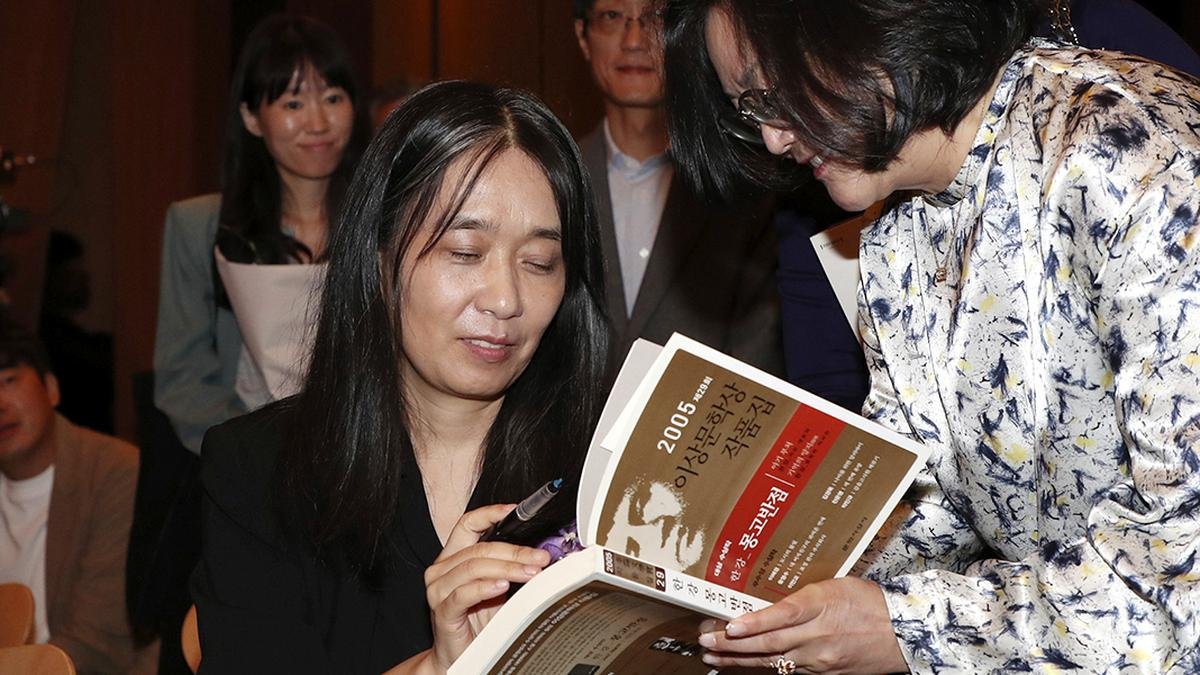South Korean author Han Kang has been awarded the 2024 Nobel Prize in Literature, marking a significant moment in the literary world.
Recognised for her intense poetic prose that confronts historical traumas and exposes the fragility of human life, Kang’s work resonates deeply in today’s global context.
Kang’s narratives, including The Vegetarian and Human Acts, delve into the complexities of human experience, exploring themes of identity, memory, and societal norms. Her unique literary voice challenges readers to reflect on the often-overlooked aspects of humanity and history.
Exploring Historical Traumas Through Literature
In Human Acts, Kang addresses the 1980 Gwangju Uprising, shedding light on a pivotal yet painful chapter in South Korea’s history. Through her storytelling, she gives voice to the silenced and brings attention to the enduring impact of such events on collective memory.
The Intersection of Identity and Resistance
The Vegetarian presents a protagonist’s quiet rebellion against societal expectations, using personal transformation as a metaphor for resistance. Kang’s exploration of individual agency within rigid cultural frameworks offers a profound commentary on autonomy and conformity.
Global Recognition and Literary Impact
Kang’s Nobel Prize win not only honours her individual achievements but also highlights the growing global appreciation for diverse literary voices. Her work contributes to a broader understanding of contemporary issues, bridging cultural gaps and fostering empathy through literature.







